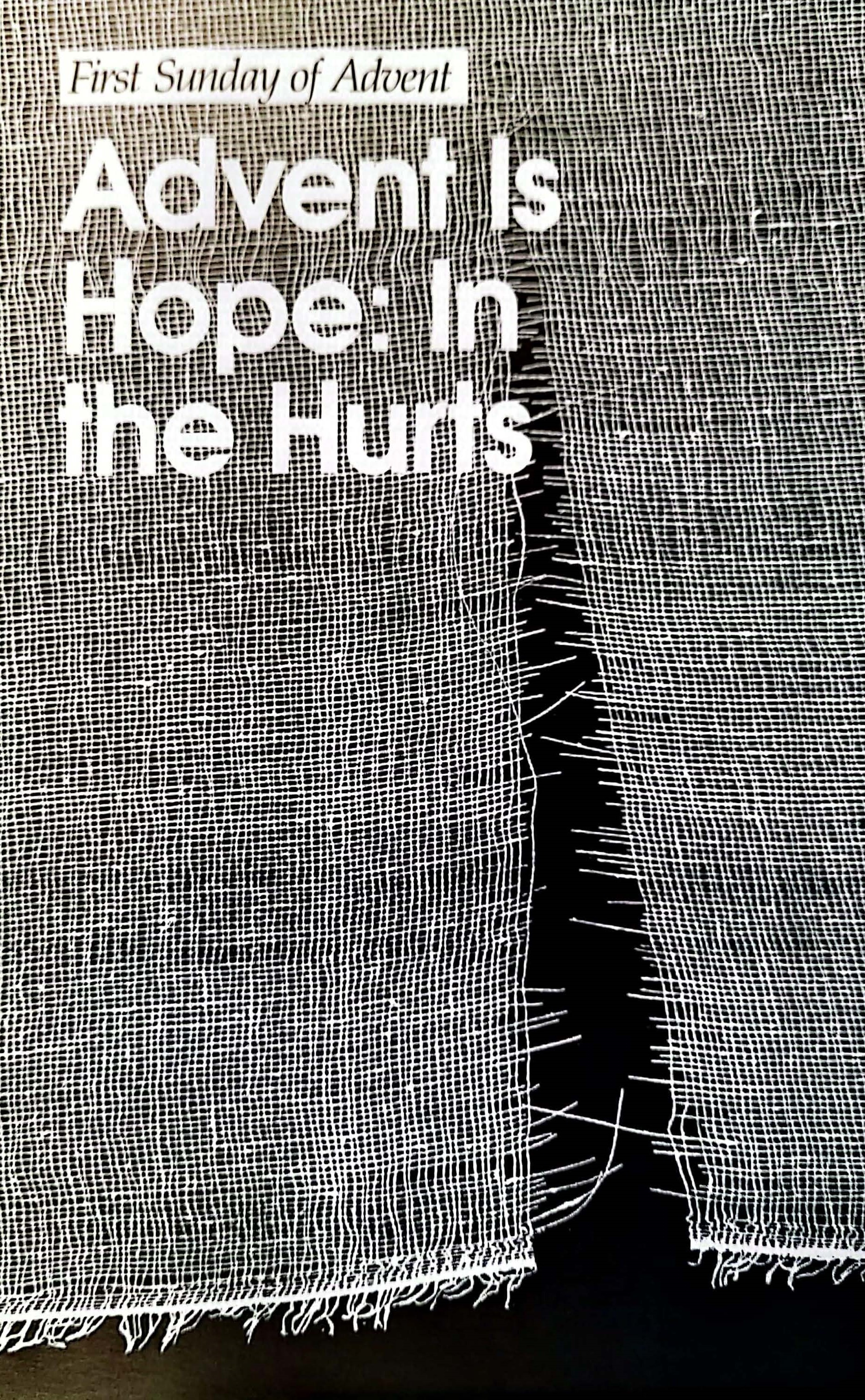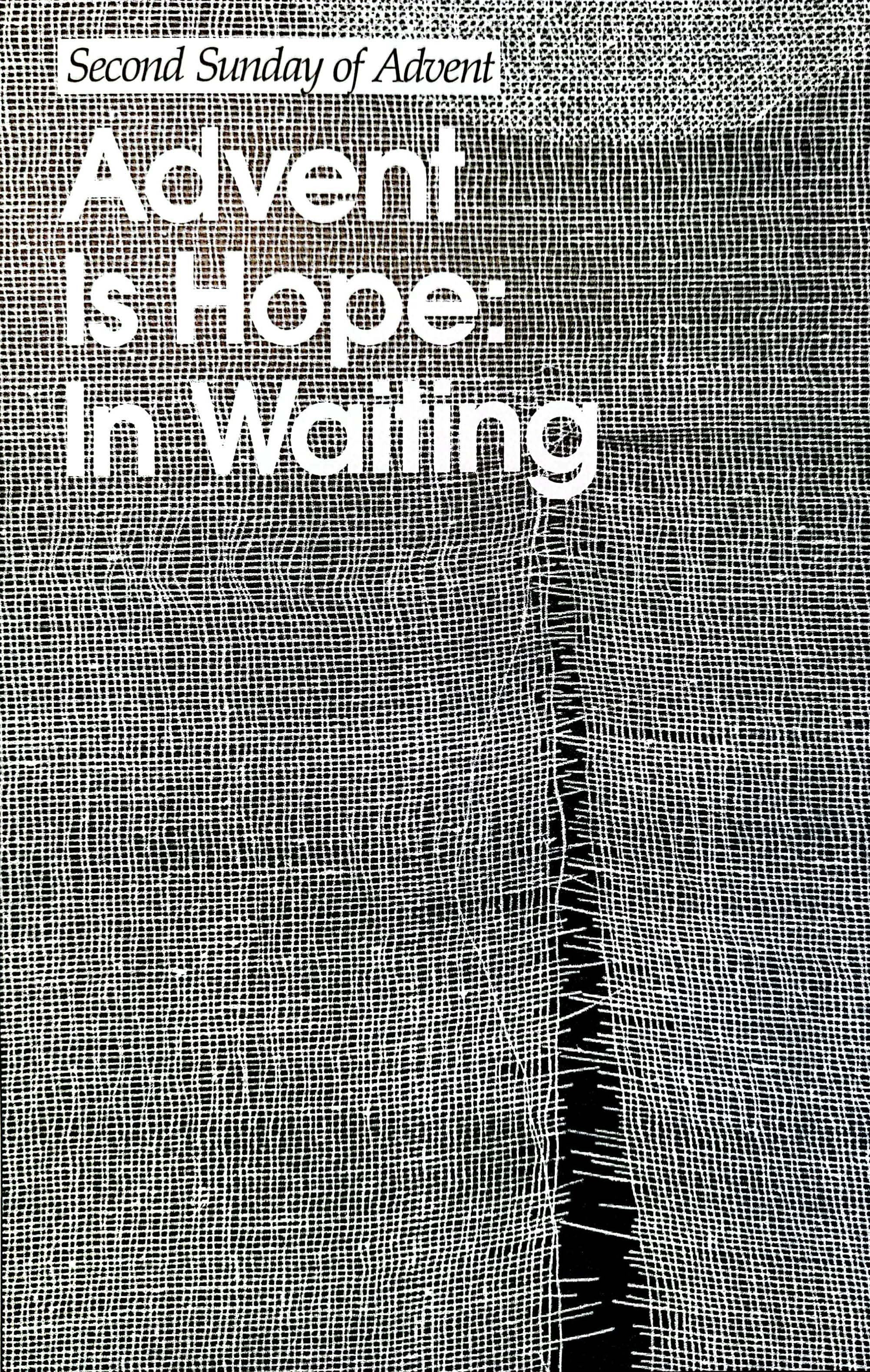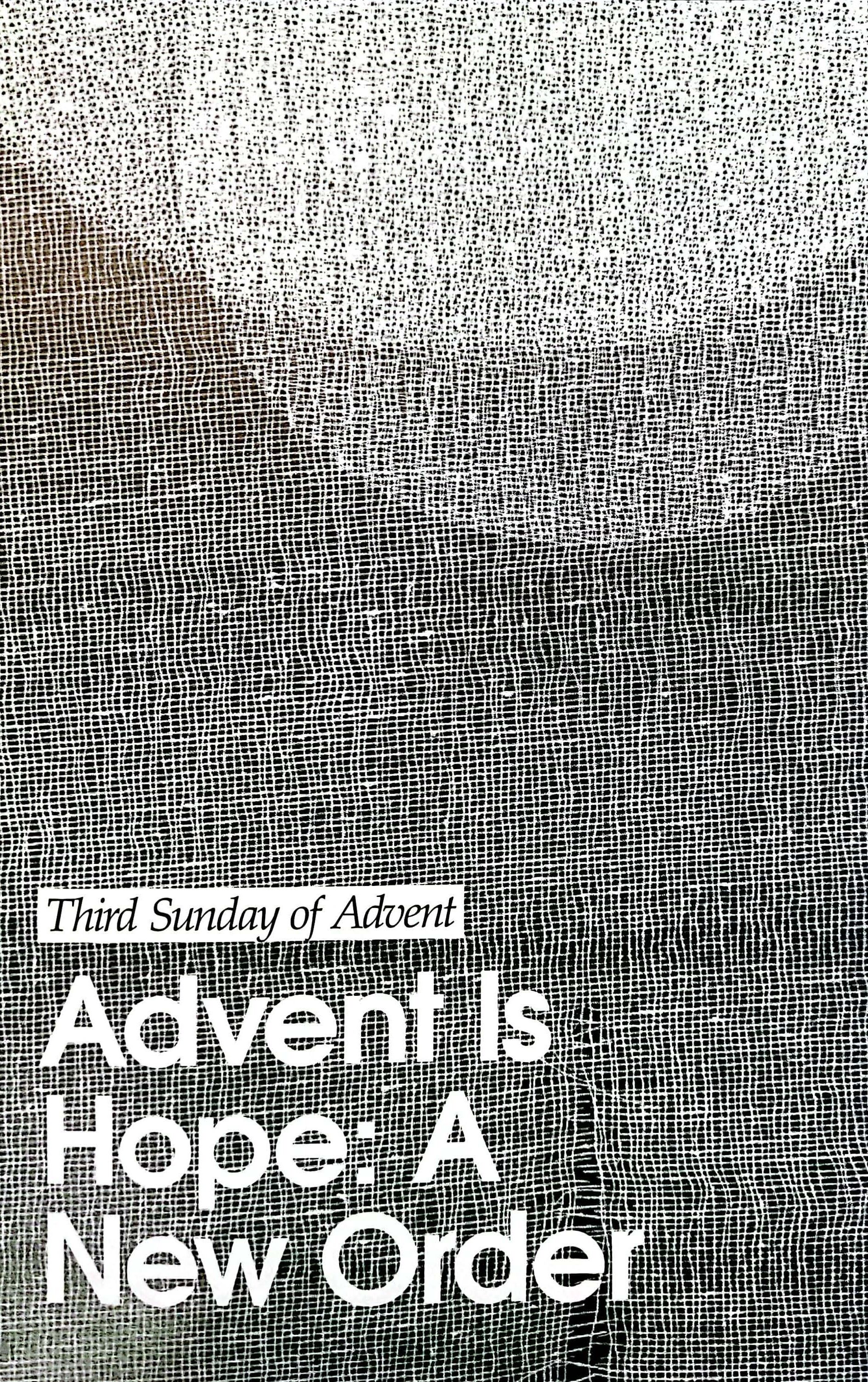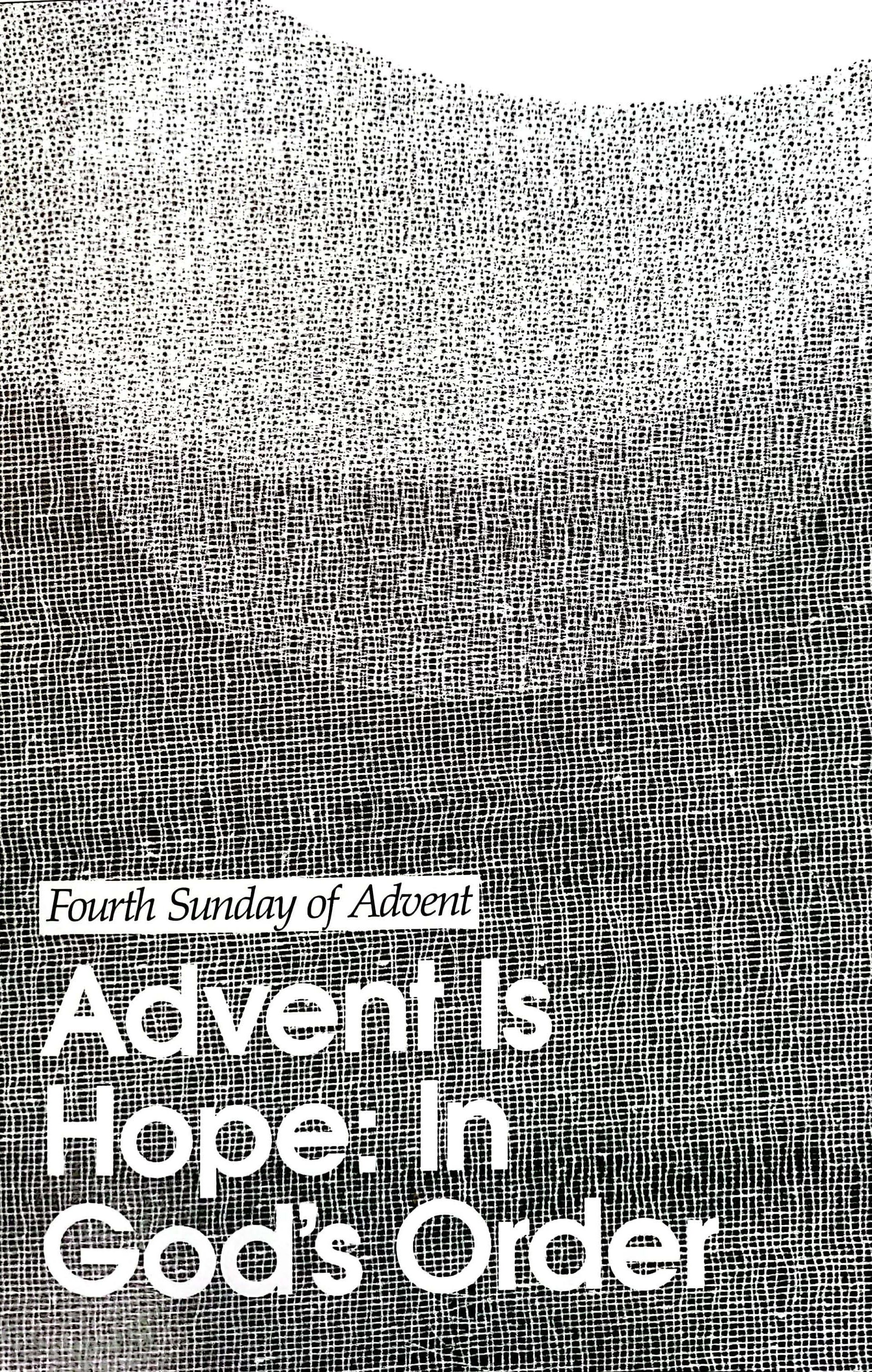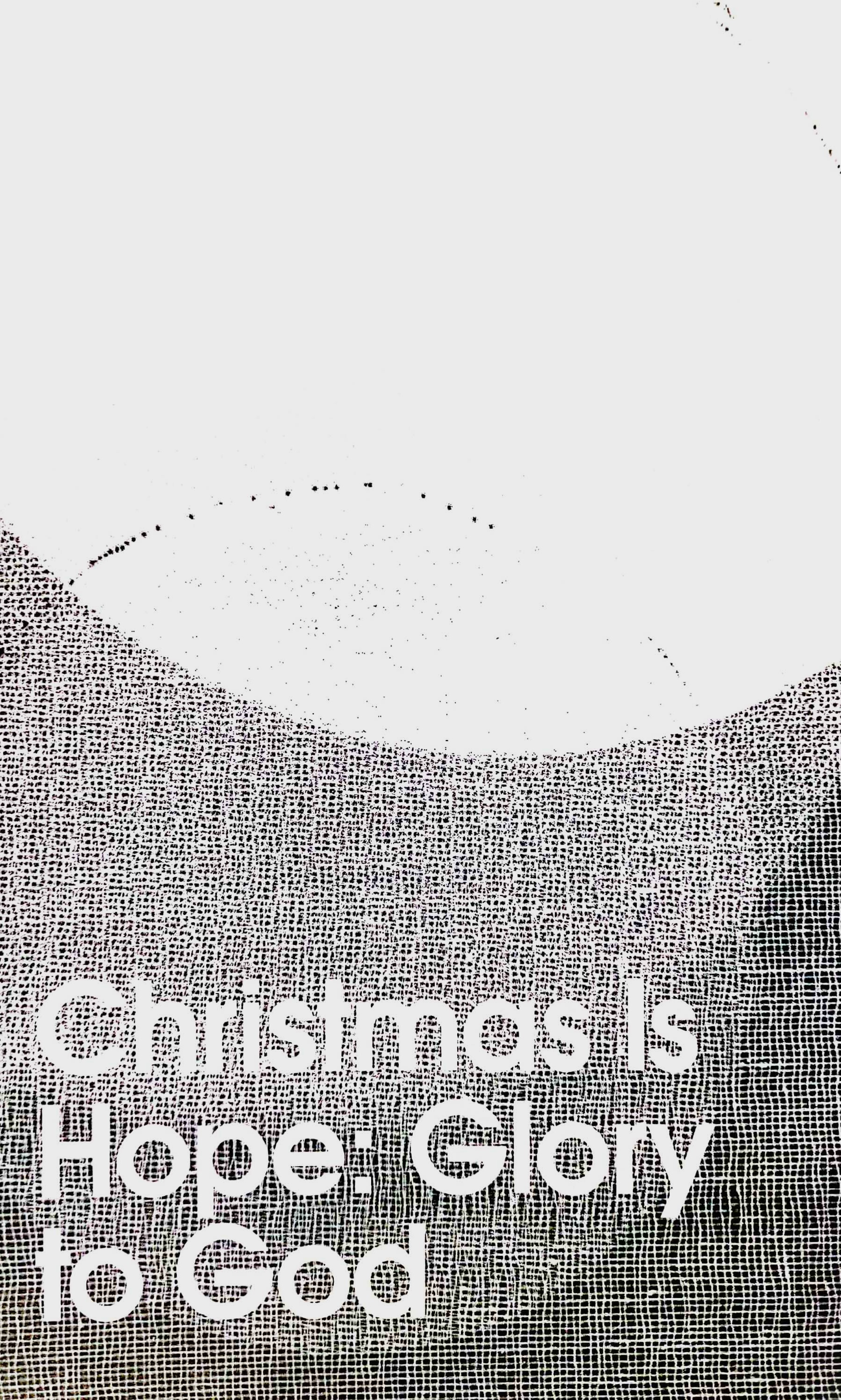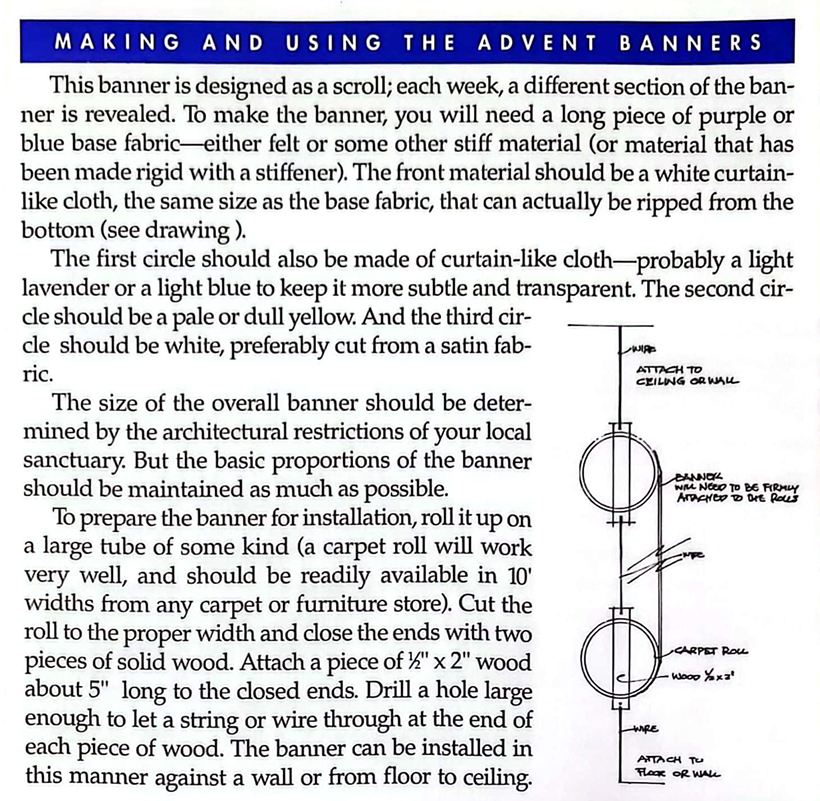Give or take a year, 1884 was the year Clarence Wexler founded the town that bears his name. He drifted west from Paterson, New Jersey, prospecting not for gold but for coal. Coal mines were as good as gold when they were close enough to the Boston/New York/Trenton furnaces to connect by rail, and far enough west to ensure cheap labor. So it was that Clarence Wexler settled in mid-Appalachia to begin his dig.
Within ten years Wexler was a thriving mining town. Small at first, it drew hungry families from their languishing farms to share the hope of prosperity. New mining companies competed for land and labor. Main street was marked by Ted's Tavern on the south and First Methodist Church on the north. Within one generation Wexler had added a school. After two, Wexler had its own doctor, post office, and library.
The stories told at family tables and holidays began to change as Wexler took on a history of its own. As memories of Clarence Wexler and the East dimmed, the town of Wexler generated legends and a lore of its own. The stories moved between prosperity and tragedy, progress and disaster. "Remember when" became a favorite pastime on winter evenings and at summer picnics.
The people felt undercurrents of hope and fear in the stories. The fear of disaster deep in the mine shafts was always there, kept alive by the stories of the fires that took the lives of eleven fathers and brothers on one day and of nine other workers six years later. Reliving minor episodes that resulted in escape or rescue fanned hope and made the fear manageable.
While the stories of yesterday pointed to tomorrow, the skills for escape and rescue were needed today. All the mine workers were trained by veteran miners in escape techniques. These miners described desperate situations and taught survival skills and escape routes. They knew how to ration diminishing supplies of air, food, and water. If escape was possible, they knew how.
The townsfolk were trained in rescue operations. They staged practice runs involving men, women, and children. They could mentally draw maps of the mine shafts and knew the shortest and safest rescue routes. The miners knew what it would take to escape; their families knew how to rescue.
So when the people of Wexler felt the rumble on that May morning, everyone knew An explosion somewhere had caused a slide. Where was it? Shaft number 4. Who was in there? Thirteen fathers and brothers. It was crisis time, the time to work and pray for escape or rescue.
The thirteen absorbed the shock and kept their cool. They remembered what they had learned and practiced often. They knew what to do and what not to do. They rationed their supplies. They calmed each other. They sent their veterans to assess the situation and probe possibilities. Soon they knew the truth: if they were to live, they would need to be rescued.
They imagined what was happening above and outside. They knew how the whole town would gather to plan and work for their rescue. So they waited, shared their diminishing supplies, calmed each other, and—listened.
Tap-tap, tap-tap, tap-tap-tap-tap. They heard it. Hope and fear pounded against each other. Help was on the way. The promise of rescue was sounding. They held on until, one by one, all thirteen squeezed through the opening to light and air.
The people of Wexler had another story of hope to tell on winter evenings and at summer picnics.
Optimism and Hope
Wexler folks knew the difference between optimism and hope—though they were not able to name it. Optimism was something they practiced through their escape training, techniques, and efforts. If only we do the right things, we can get out of this mess. If we save our resources, probe the possibilities, use the right tools in the right way at the right time, and don't panic, we can get out of this disaster. Optimism says: we can escape.
Hope arose when, fresh out of optimism, the trapped miners heard the tap-tap of the promise. They knew the unspoken promise that was built into their way of life: the town would shut down for a rescue operation whenever it was needed. They could picture what was happening above and outside. But when they heard the approach of the rescue team and could distinguish voices, they knew that help was near. That's hope.
Advent Hope: Promise and Power
At times we can be filled with optimism. At others we find our optimism smoldering in the ashes of despair.
But Advent does not depend on optimism. Advent is rooted in promise, the promise that makes hope a way of life for God's people. God's promises thread their way through the Scriptures and through history. Whether they are the promises spoken to Moses at the burning bush, to the elders of Israel when Moses brought his report, to David when he wanted to build a house for God, to the exiles who could not make their way home, or to Mary of Nazareth who had nothing to offer but herself, God's promises are the only sure source of hope. Because Advent is a season to rehearse the promises of God, Advent is a season for hope.
Hope empowers. Hope sets in motion familiar sub-themes in the Advent season: prepare, anticipate, wait, and watch. None of these can be practiced apart from hope, and none of these is passive when it is linked to hope. Each is a spiritual discipline through which the hope rooted in promise is practiced. Advent hope keeps the church spiritually exercised.
Advent Preaching and Worship
The theme of hope rooted in promise and producing power can be taken as a faithful theme for preaching and worship during Advent. However, to prevent this theme from becoming a repetitive topic for the four Sundays, it must be planted firmly among the lections for the day. With the first Sunday in Advent the Revised Common Lectionary begins Year B. Even for preachers who do not regularly follow a lectionary, these sixteen lessons—including the Psalms—for four Sundays provide rich possibilities for both variety and consistency. For preachers who have been considering lectionary preaching but have not yet made the plunge, this Advent may be a good time to practice.
But the matrix for Advent preaching also includes what is happening in the church, community, nation, and world. It takes more than theme and text to grow a sermon; the events that shape the life and faith of the congregation also deserve a place. Is the congregation riding high on the crest of soaring membership and an exceeded budget? Are the members wounded because of a suicide or another divorce? Does full employment and prosperity bring a sense of guilt, arrogance, or indifference toward the reports of suffering and deprivation? Is the congregation divided over the issue of whether to spend money on an addition to the building? Have addiction and/or abuse taken their toll? Are there "doctrinal" questions that have been asked or that can be answered through pastoral sensitivity? Is there another international conflict that threatens to begin or promises to cease? Has the optimism present at the year's beginning given way to disappointment or despair?
When the theme of hope is planted among the lessons for each Sunday, and when the lessons are placed in dialogue with the faith and life of the congregation, the sermon can be born through patience, prayer, and labor.
This series includes an outline for the four Sundays of Advent with sermon notes, a service for Christmas Day, a service for the first Sunday after Christmas and directions for making a banner to go with the series as well as suggestions for bulletin cover images that could also be useful for projection slides and social media posts.
First Sunday of Advent: Advent Is Hope—In the Hurts
Second Sunday of Advent: Advent Is Hope—In Waiting
Third Sunday of Advent: Advent Is Hope—A New Order
Fourth Sunday of Advent: Advent is Hope—In God's Order
Christmas Day and First Sunday After Christmas: Christmas Is Hope—Glory to God
SERVICES FOR THE FOUR SUNDAYS OF ADVENT
The following order of worship is intended to be repeated throughout the four weeks of Advent. The repetition of several elements will help to unify the focus of worship during Advent as congregations prepare to celebrate the first and anticipate the second coming of Christ.
Expectation
Prelude
Lighting of the Advent Wreath (in silence)
Voices (from within the congregation)
Voice 1: I wait for the Lord, my soul waits, and in his word I hope.
Voice 2: My soul waits for the Lord more than watchmen for the morning, more than watchmen for the morning.
Hymn: "Out of the Depths" (st. 2–3) Psalter, 1912
I wait for God, I trust his holy word;
he hears my sighs.
My soul still waits and looks unto the Lord;
my prayers arise.
I look to him to drive away my night—
yes, more than those who watch for morning light.
Hope in the Lord: unfailing is his love;
in him confide.
Mercy and full redemption from above
he does provide.
From sin and evil, mighty though they seem,
his arm almighty will his saints redeem.
God's Greeting
O people of God, hope in the Lord! For with the Lord is steadfast love, and with him is plenteous redemption.
And he will redeem us from all our sins!
Grace to you, and peace, from God our Father, and the Lord Jesus Christ.
Amen!
Hymn
Week 1: "Come, Thou Long-Expected Jesus" Wesley
Week 2: "Comfort, Comfort Now My People" Olearius
Week 3: "Rejoice, Rejoice, Believers" Laurenti
Week 4: "The King Shall Come When Morning Dawns" Brownlie
Presentation of Jesse Tree Symbols
[Using the symbols related to the scripture readings. See, "The Remembering Tree: Using the Jesse Tree to prepare ourselves for Christ's birth" in RW 29].
Proclamation
Prayer for Illumination
Scripture Lessons
Week 1: Isaiah 64:1–9, 1 Corinthians 1:3–9, Mark 13: 24–37
Week 2: Isaiah 40:1–11 (suggested dramatic reading), 2 Peter 3:8–15a, Mark 1:1–8
Week 3: Isaiah 61:1–4, 8–11, 1 Thessalonians 5:16–24, John 1:6–8, 19–28
Week 4: 2 Samuel 7:1–11, 16, Romans 16:25–27, Luke 1:26–28
Psalm for Singing
Week 1: “Psalm 80: Hear Us, O Shepherd" Polman
Week 2: “Psalm 85: Lord, You Have Lavished on Your Land" Post
Week 3: “Psalm 126: When God Brought Zion's Remnant Band" Seerveld
Week 4: “Psalm 89: Forever I Will Sing" Psalter Hymnal, 1987 / "I Will Sing of the Mercies of the Lord" Fillmore / "My Song Forever Shall Record" / "The Praises of Thy Wonders, Lord"
Sermon
Celebration
Week 1: "The People Who in Darkness Walked" Morison
Week 2: "On Jordan's Bank" Coffin
Week 3: "Hark, the Glad Sound" Doddridge
Week 4: "Tell Out, My Soul" Dudley-Smith
The Congregational Prayer
The Offering of Gifts
The Lord's Supper
As followers of Jesus Christ,
who live in his world,
we joyfully declare that he is our Savior and Lord.
We gratefully recall God's promise
to reconcile the world to himself,
to come among us in Jesus Christ,
the eternal Word made flesh.
Jesus is the long awaited Savior,
fully conceived by the Spirit of God
and born of the virgin Mary.
He is the only Savior.
To him we offer our hearts and lives,
dedicating ourselves to holy living.
For his sake we feed the hungry,
reaching out to others in need.
In his name we speak words of hope,
inviting others to be his disciples.
When he returns and we see him face to face,
we will join in a new song to the Messiah who is our Savior,
Jesus, the Christ of God.
Come, Lord Jesus, come.
Prayer of Consecration, concluded with the Lord's Prayer spoken in unison
The Bread and the Cup
[The following section from Revelation 21 may be read as indicated, or the congregation may sing a setting of this text (see here) Perhaps have the choir sing the first half of every stanza, and invite the congregation to join on the second part].
Then I saw a new heaven and a new earth,
for the first heaven and the first earth had passed away,
and there was no longer any sea.
I saw the Holy City,
the new Jerusalem coming down out of heaven from God,
prepared as a bride beautifully dressed for her husband.
And I heard a loud voice from the throne saying:
Now the dwelling of God is among the people,
and he will live with them.
They will be his people,
and God himself will be with them and be their God.
He will wipe away every tear from their eyes.
There will be no more death or mourning or crying or pain,
for the old order of things has passed away.
The God of hope fill you with all joy and peace in believing, so that by the power of the Holy Spirit you may abound in hope.
People: "Amen" (sung three times) Davis et al.
Postlude
First Sunday of Advent
Advent Is Hope: In the Hurts
Isaiah 64:1–9
The words of this lesson arise from a lament (63:15–19). God's people hurt. The people are out of the exile, but the exile is not out of the people. Those who return home face devastation and the experience of God's absence. In their hurt, they long for God to intervene, to come and make things right (64:1–2). They long for the experience of God's saving presence. In their longing, they remember the Exodus and Mount Sinai (64:3). When they remember, their trust in God is reborn (64:4). Trust frees them to see their relationship to God for what it is, and the language of lament turns to penitence (64:5–7). The lesson ends with hope (64:8–9).
All the major themes of Advent and of the church's life are contained in this lesson: hurt awakens longing, longing brings remembering, remembering revives trust, trust leads to penitence, and penitence ushers in hope. Advent preaching that begins with "rend the heavens and come down," and ends with "Now consider, we are all your people" (NRSV) will help the people find hope in the hurts.
1 Corinthians 1:3–9
To hear the hope in this lesson it is helpful to read through the entire letter and then return to these opening words. The church in Corinth was troubled, confused, and unfaithful. The truth is that we probably would not trade our church troubles for theirs (though they sound disturbingly similar): factions, incest, prostitution, lawsuits, greed, gluttony and disorders at the love feasts, competitive chaos in worship, and false teaching plagued this congregation. Reading the letter first will prepare us for the surprise of verses 3 and 4: "Grace and peace to you from God our Father and the Lord Jesus Christ. I always thank God for you because of his grace given you in Christ Jesus."
The hope for the church in Corinth and in North America lies here: God is faithful, God has called us into the fellowship of his Son (v. 9), God has blessed us with every spiritual gift (v. 7), and God will sustain us to the end. Living in Christ and in Corinth at the same time is not easy or simple, but hope comes to those who "eagerly wait for our Lord Jesus Christ to be revealed."
Mark 13:24–37
Thirty years ago the death-of-God theology was built on the experience of God's absence. What was remarkable about that theology was that it treated the experience as though it were new.
"Be on guard! Be alert! You do not know when that time will come. It's like a man going away…" That is where we live. We live in the Master's house when "he leaves his house and puts his servants in charge, each with his assigned task." Watching, then, is the task of caring for the house in the absence of the Master.
Like the disciples, we would like to know when the Master will return (v. 4). We would like to know when to get busy and clean the house. But the test of discipleship is in the experience of the Master's absence. This is the time of discipleship. Not knowing when the Master will return is the opportunity for faithfulness.
For those who are puzzled by Jesus' "irrelevant" details of "in the evening, or at midnight, or when the rooster crows, or at dawn," follow those as clues in the remainder of Mark's gospel and note the conduct of the disciples at each of the designated times: evening (14:17–18), midnight (14:34), when the rooster crows (14:72), at dawn (15:1; this verse marks the disappearance of the disciples from Mark's story). The disciples failed, but the Lord who went to the cross for them and for us will surely come again.
Second Sunday of Advent
In the Waiting
Isaiah 40:1–11
This too-familiar Advent reading can be interpreted as a drama. The drama requires four voices, a band of exiles, and a speaking choir. Voices 1, 2, 3, and 4 are gathered in a heavenly council high and near the center of the chancel. The band of exiles is visible to one side on the lower level and appears defeated. The speaking choir is opposite the exiles.
Voice 1 to voices 2, 3, and 4: Comfort, comfort my people, says your God. Speak tenderly to Jerusalem, and proclaim to her that her hard service has been completed, that her sin has been paid for, that she has received from the LORD'S hand double for all her sins.
[Voices 2, 3, and 4 move toward the exiles]
Voice 2 to the exiles: In the desert prepare the way for the LORD, make straight in the wilderness a highway for our God. Every valley shall be raised up, every mountain and hill made low; the rough ground shall become level, the rugged places a plain. And the glory of the LORD will be revealed, and all mankind together will see it. For the mouth of the LORD has spoken. Yes, the mouth of the Lord has spoken.
[Exiles look up and listen, but do not move]
Voice 3 addresses voice 4: Cry out!
Voice 4 responds to voice 3: What shall I cry? All men are like grass, and all their glory is like the flowers of the field. The grass withers and the flowers fall, because the breath of the LORD blows on them. Surely the people are grass.
Voice 3 responds to voice 4: The grass withers and the flowers fall, but the word of our God stands forever. Yes, the word of our God stands forever!
Voice 4 addresses exiles: You who bring good tidings to Zion, go up on a high mountain. You who bring good tidings to Jerusalem, lift up your voice with a shout, lift it up, do not be afraid; say to the towns of Judah, "Here is your God!"
[Exiles respond by standing, moving toward the advent wreath, surrounding it with raised hands]
Choir: See, the Sovereign LORD comes with power, and his arm rules for him. See, his reward is with him, and his recompense accompanies him. He tends his flock like a shepherd: He gathers the lambs in his arms and carries them close to his heart; he gently leads those that have young.
[Exiles and voices return to places while congregation sings "Comfort, Comfort Now My People" Olearius]
The exiles were coming down with a case of amnesia. Their fifty-year exile was causing them to forget whose they were, who they were, and why they were. They wondered if they belonged to Babylon and its idols.
But God sent Isaiah, the prophet, who said "Comfort my people." That is covenant family talk. Do we still belong to the God of Abraham, Isaac, and Jacob? "Speak tenderly to Jerusalem." Jerusalem? Is that where we're from even while we dwell in Babylon? Are we still named for the city of God? "You who bring good tidings." Is that why we're here? Are we still here to bring the good news of God to the cities of Judah and beyond? Whose are we? Who are we? Why are we? These are still urgent questions for God's covenant people.
2 Peter 3:8–15a
What is the meaning of the delay? Why does it take so long for the Lord to fulfill his promise? It is difficult to be steadfast in the faith when questions of faith themselves are part of the difficulty.
The delay means that the Lord is patient, not slothful. God's patience is born out of grace that seeks the salvation of all.
Peter turns the question in a different direction. The question is not when but what are we looking for? If our hope is for the new order, the new creation in which righteousness dwells, then that hope will give shape to our discipleship. Practicing the new creation now is the order of the day while we wait. When that becomes our way of life, then the "forbearance of our Lord" serves not only the salvation of others, but of ourselves as well.
Mark 1:1–8
Mark writes a no-nonsense gospel. He gets right to the point. He compresses everything into a few words. John the Baptist's ministry is "the beginning of the gospel about Jesus Christ, the Son of God."
In verse 14 "Jesus went into Galilee, proclaiming the good news of God." Was that the beginning of the gospel of Jesus Christ? No, according to Mark. The gospel began with the ministry of John the Baptist as he prepared the way for Jesus by preaching a baptism of repentance for the forgiveness of sins.
John preached as though a new exodus was about to happen. Just as Israel passed out of Egypt through the water to the promised land, so a new exodus was about to take place with the coming of Jesus Christ. Passing through the water of baptism was not only preparation for salvation through Jesus Christ; it was already participation in it. So it is with us. We live on the fulfillment side of God's salvation in Jesus Christ. But our baptism and repentance are not just preparation for the glory that is yet to be revealed; through them we already participate in the good news of Jesus Christ.
When we prepare for Christ's coming, we are already participating in the gospel of Christ.
Third Sunday of Advent
Advent Is Hope: A New Order
Isaiah 61:1–4, 8–11
Christians associate these words more readily with Jesus (Luke 4) than with Isaiah. Any sermon preached from Isaiah will surely proclaim Jesus as the anointed one, the Christ. But we should not rush too soon to Luke 4. We should first savor the revolutionary radical, wild announcement of the prophet, even though we will be tempted to tame it with reason and common sense.
Many, if not most, of the exiles have returned home from Babylon to Jerusalem. But home is not what it was. The city is broken, the temple is laid waste, the nation is brokenhearted and afflicted. The prophet announces that everything is about to be reversed. The afflicted will hear good news, the captives will be set free, those who mourn will be comforted: "What you see is about to be undone; the new order has arrived."
It is right for Jesus to use these words to inaugurate his ministry in the synagogue. He is the one anointed with the Spirit to usher in the new order of God's rule. To know Jesus as the Christ is to trade the ashes of mourning for the garland of joy. It is like singing a doxology at a grave while tears of mourning mix with tears of joy.
1 Thessalonians 5:16–24
Rejoice! That is the word for the third Sunday of Advent.
Jesus' death for us has destined us to live with him (v. 10). Living between what has been done for us and what is yet to come creates a new community and gives us new responsibility.
The community of responsibility described in verses 11–24 does not fit well into our North American society. Individual likes and dislikes determine and justify behavior more than communal responsibility. Freedom from relationships for "doing your own thing" is our way of life. Individualism has sown the seeds of loneliness and despair.
Those who are brought together by the gospel story (he died for us, v. 10) and who envision a common destiny (we'll live with him, v. 10) are called to encourage and build one another up. The community rejoices, gives thanks, is open to the Spirit, tests what it hears, and disciplines itself to do what is good.
John 1:6–8; 19–28
Those who preached from Mark 1:1–8 on the second Sunday of Advent may be inclined to ignore this lection because it again takes up the ministry of John the Baptist. However, the messages of the two readings are very different.
John the Baptist is on trial. The Pharisees sent priests and Levites from Jerusalem for this purpose. They want to know his identity and his credentials. John is the defendant before the religious court.
In typical Johannine fashion, the author portrays John the Baptist and the prosecutors as not understanding each other. They keep missing each other. John says who he is not. They press him. They treat him like a defendant in their court, but John turns out to be a witness in God's court. He points to Jesus. John can be known only in relation to the One who is coming. The world—including the religious leaders—must make up its mind about who Jesus is. In that court, John is a witness.
The church, like John, is on trial in the world's court. That is all right. What matters is that the church is a witness in God's court, where the world must decide who Jesus is.
Fourth Sunday of Advent
Advent Is Hope: In God’s Order
2 Samuel 7:1–11; 16
This lection is directly tied to the gospel for the day (Luke 1:26–38). But apart from that, this message from God to David marks a turning point in the history of God's people.
David wants to be a good and grateful king. Now that he has had rest from his enemies, he wants to do what any self-respecting king would do for his God: he wants to build a temple. He wants God to have a good name and a secure place among the nations. Apparently David is in charge of the kingdom and its future. And of God?
No. God intervenes. The passage makes crystal clear the fact that God is in charge of the kingdom and its future. And God does not need David to manage the kingdom by worldly standards to secure its future. Instead of permitting David to build a temple for him, God promises to build a house (meaning "family" not "building") for David that will last forever. God sets David's good intentions aside and replaces them with a promise of a forever family and kingdom.
Later religious authorities reduced that promise also to meanings that were manageable by political and military powers. But read the gospel for today (Luke 1:26–38). Once again, God intervenes to fulfill this promise in a way no one could predict or accomplish. When God's promises are ripe, they keep bursting into new fulfillments that no one can manage. Thank God that the kingdom is not in our hands. What surprises are next?
Romans 16:25–27
The doxology that concludes the letter to the Romans draws light from the earlier doxology in 11:33–36. The earlier doxology concludes Paul's teaching about how salvation by God's grace in Jesus Christ is for both Jew and Gentile. It introduces Paul's teaching about living obediently in the Christian community. That is what doxologies are for: to praise God and to prepare us for service.
The present doxology has similar themes within it. It is a round of praise to God for the preaching of Christ that leads to the obedience of faith. In Jesus Christ, God has made salvation known to all nations. The long-kept secret is out. We, like Paul, are under God's command to let the nations in on the secret and to bring about the obedience that comes from a true, deep faith.
Doxologies do not have to wait until we hear the angels sing on Christmas Day. Doxologies have a way of reaching into the future and pulling it back into the present. Glory to God!
Luke 1:26–38
She was nobody, this Mary. She was from the land of darkness—Nazareth of Galilee. She was Mary Nobody from Nowhere. The angel greets her: "Hello, favored one, the Lord is with you."
If the experience of God's absence is disturbing—as in earlier Advent readings—the experience of God's presence can be even more troubling. Mary would never be the same.
Gabriel brings incredible news. The birth of Mary's son will be the birth of God's Son, whose kingdom will be forever. There is nothing Mary can do to guarantee it will happen. There is nothing Mary can do to prevent it. The Holy Spirit will accomplish the impossible. Mary accepts and submits to the Word of God. Even her availability is God's doing.
God's Son, the forever king, came to the world by the power of the Holy Spirit through Mary Nobody from Nowhere. God's Son still comes to the world by the power of the Holy Spirit through the church of his choice. Do we want to be available? Or would we be more comfortable if he chose someone else?
SERVICE FOR CHRISTMAS DAY
CHRISTMAS IS HOPE—GLORY TO GOD
Prelude
Greeting
Greetings, favored ones, the Lord is with you.
His name is Immanuel, God with us.
Grace to you, and peace, from God our Father and our Lord Jesus Christ.
Glory to God in the highest heaven, and on earth peace among those whom he favors!
Hymn: "O Come, All Ye Faithful" Attributed to John Fancis Wade
Scripture Reading: Luke 2:1–7
Hymn: "Silent Night! Holy Night!" Mohr
Scripture Reading: Luke 2:8–9
Hymn: "Angels from the Realms of Glory" Montgomery
Scripture Reading: Luke 2:10–11 in as many different languages as are spoken by members of your congregation.
Hymn: "Joy to the World! The Lord Is Come" Watts
Scripture Reading: Luke 2:12–14
Hymn: "Hark! the Herald Angels Sing!" Wesley
Scripture Reading: Luke 2:15–20
Prayer for Illumination
Sermon
Hymn: "Angels We Have Heard on High" 18th cent. Traditional French carol
Congregational Prayer
Offering
Parting Testimony: Philippians 2:5–11 (read or sung as found in “Christ, Who Is in the Form of God”)
Parting Hymn: "Go, Tell It on the Mountain" African-American spiritual
The Benediction and Threefold Amen
Postlude
SERVICE FOR THE FIRST SUNDAY AFTER CHRISTMAS
Prelude
A Call to Praise: "O Come, All Ye Faithful" Attributed to John Francis Wade
Greeting
Let us gather in the memory that God has visited us in Christ.
Yes, the Word became flesh and lived among us, and we have seen his glory, glory as of a father's only son, full of grace and truth.
Let us hold fast to the faith that brings us salvation.
The saying is sure and worthy of full acceptance, that Christ Jesus came into the world to save sinners.
Grace to you, and peace, from God our Father and the Lord Jesus Christ.
To the King of ages, immortal, invisible, the only God, be honor and glory forever and ever! Amen.
Hymn: "Good Christian Friends, Rejoice" 14th cent. Latin hymn
Confession and Forgiveness
Scripture Reading: Titus 2:11–14
Prayer
God of grace, while the songs of joy still fill our hearts, give us your Spirit so that the Good News will take hold in our lives.
Without your Spirit, the daily news tends to overcome the Good News. When we sin, forgive us, and help us by the power of your Spirit to witness to the Good News by which we are saved.
Empower us for the good life that fits the Good News in which we rejoice. Amen.
Assurance of Pardon: John 3:16
Hymn: "That Boy-Child of Mary" Colvin
Hymn: "Joy to the World! The Lord Is Come!" Watts
The Word of God
Prayer for Light
Scripture Lessons
Isaiah 61:10–62:3
“Psalm 148: Sing Praise to the Lord" Baker
Galatians 4:4–7
Matthew 2:13–23
Sermon
Offerings of Love
Hymn: "Amen" Davis et al.
The Apostles' Creed
Prayers
Hymn: "Go, Tell It on the Mountain" African-American spiritual
Benediction and Threefold Amen
Postlude
DIRECTIONS FOR WEEKLY USE OF THE BANNER, LINKS TO BULLETIN COVER IMAGES, AND DESCRIPTIONS
This article originally appeared in a print issue of Reformed Worship and included black and white images of the related banner and bulletin covers designed by Chris Stoffel Overvoorde. We have included the description that went with each week's bulletin cover as well as a link to the cover image that you can use for inspiration for your own bulletin covers, projection slides, or social media posts. Included below are also images of the original banners which were used.
Week 1: Advent Is Hope—In the Hurts

Bulletin Image: pdf, jpg
Banner: The rend should be torn, not cut. It should show clearly on the bottom of the banner to symbolize our hurts and our sufferings.
Description: Advent is a season for hope—hope that empowers us and allows us to prepare, anticipate, wait, and watch for Christ to return. Gods promises thread their way through the Scriptures and through history. As God's people, we will find hope in the hurts and disconnectedness of our lives.
Week 2: Advent is Hope—In Waiting

Bulletin Image: pdf, jpg
Banner: Roll the scroll so the rend is still visible but smaller, and so the circle on the top becomes partially visible.
Description: The healing is not yet complete. our lives are still torn with hurts. As we wait, we are preparing for his coming. But what is the meaning of the delay? Why does the Lord take so long to fulfill his promises? We wait expectantly, knowing he will come.
Week 3: Advent Is Hope—A New Order

Bulletin Image: pdf, jpg
Banner: Roll the scroll further so the second circle of pale yellow is completely visible. By now the rend should have almost disappeared.
Description: According to the prophet Isaiah, everything is about to be reversed. The new order has arrived. The afflicted will hear good news, the captives will be set free, and those who mourn will be comforted. God comes to us from above, bringing light and healing, mending the broken cloth of our lives to dispel our loneliness and despair.
Week 4: Advent is Hope—In God's Order

Bulletin Image: pdf, jpg
Banner: Roll the scroll further so the white circle becomes partially visible.
Description: God is in charge of the kingdom and its future. God intervenes to fulfill his promises in a way no one could predict. When God's promises are ripe, they burst into new and unforeseeable fulfillments. The white circle of God's love enters into the fibers of our distorted lives and glows with a new intensity.
Week 5 Christmas Is Hope—Glory to God

Bulletin Image: pdf, jpg
Banner: The whole white circle should be visible. It should actually be below the center of the banner to emphasize the idea of having come down from above.
Description: Christmas brings the great surprise: God came down; the Word became flesh; Christ lived among us. He gave up perfection to take on our human flesh. God enters our lives and makes them whole like the circle.
